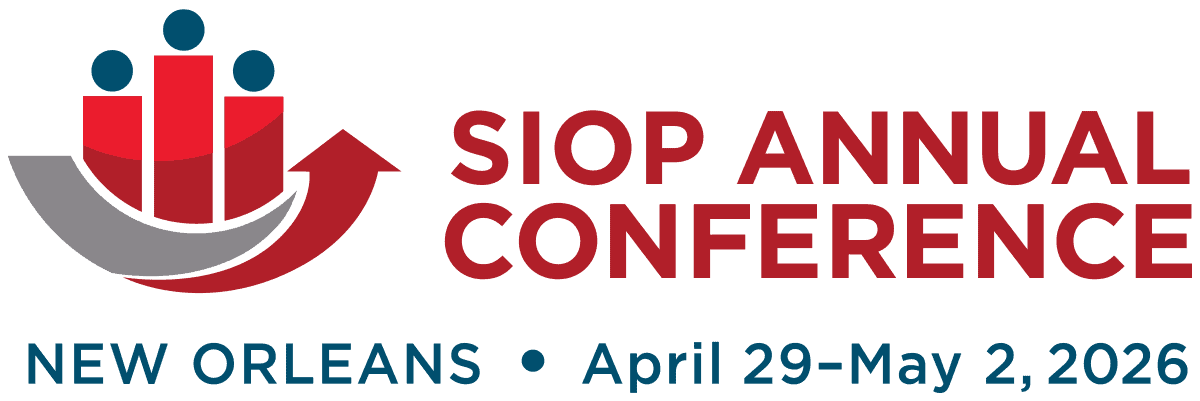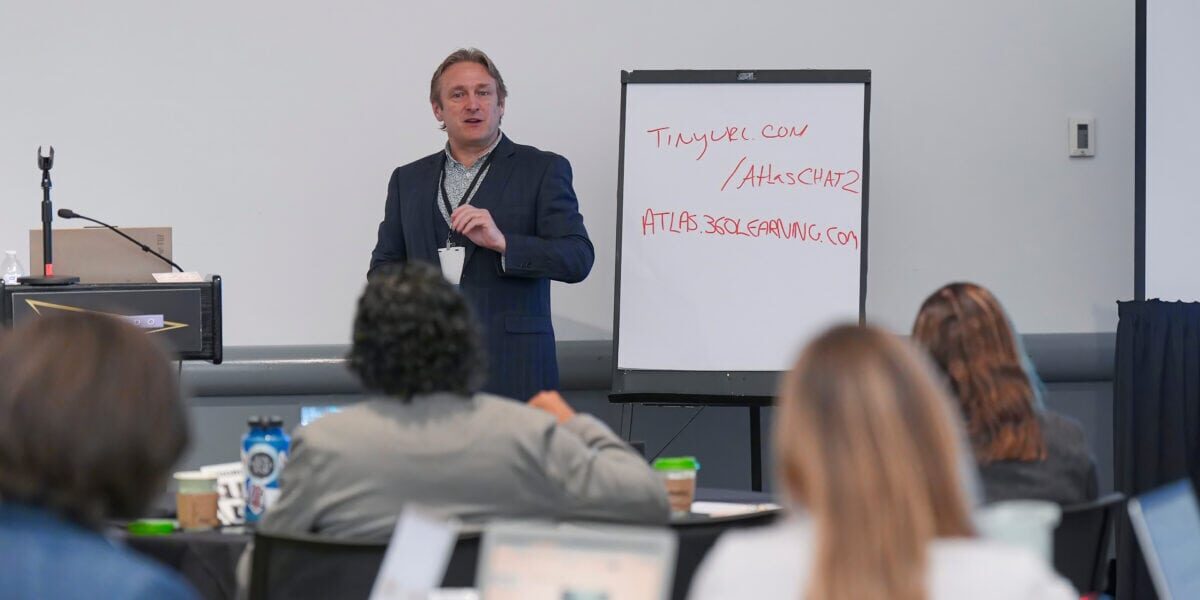The content in this section is meant to provide an overview of the session types for the purposes of brainstorming and generating ideas around potential submissions. Please refer to Preparing and Formatting Your Proposal Document for more detail on how to prepare your proposal for these various options before submission. Please keep in mind the four key submission rules: the Live Supervision Rule, the Rule of Three, the Diversity of Affiliation Rule, and the Ownership Rule when planning for your submission (see Eligibility for more information about these rules).
All sessions except posters and IGNITE! session types can be submitted as either 50-minute or 80-minute sessions (posters and IGNITE! sessions must be 50 minutes). Please note that 50-minute sessions are much preferred in terms of scheduling. Fewer 80-minute session slots are available. Consequently, the chances of acceptance are typically higher for 50-minute session slots. If the content of your session can reasonably fit in a 50-minute session, it is strongly recommended that you request that length when submitting.
DEBATE
Debates are an engaging way to present opposing views about a topic. Generally, a debate includes a chair (acting as a moderator) and presenters to represent each side of a controversial topic. The debate may consist of the chair stating a proposition, one side presenting affirming arguments, and the other side presenting dissenting arguments. Alternatively, the chair may pose pointed questions whereby the debaters share their conflicting views on the topic. Time for rebuttal and audience questions can be incorporated.
In this fast-paced session type, several experts on a focal topic prepare a few slides for a 3-5-minute presentation. Typically, a maximum of seven (7) presenters is recommended, which should provide adequate time for questions at the end. Proposals may elect for fewer presenters and a facilitated audience discussion/Q&A session upon completion of all presentations.
The primary purpose of the master tutorial is to develop and educate the audience about a focal I-O topic. For example, a master tutorial might provide an update on a content area, discuss a new statistical technique, or describe how knowledge from another discipline can be applied to an I-O problem or topic.
Panel discussions should generate spontaneous interaction among panelists and between panelists and the audience in response to questions posed by the session chair. In a panel discussion, the chair plays a very active role, serving as the moderator who ensures that all panelists (generally three to five people) have the opportunity to speak. The chair can both pose questions and facilitate audience questions.
Poster sessions give participants opportunities to present individual or small group papers. The SIOP Program Committee will group posters by topic area into poster sessions, where many authors simultaneously present their work, primarily in a visual medium. Copies of the poster materials will be uploaded as a PDF into the conference app. Please note that non-empirical submissions advancing conceptual work ARE permitted.
A symposium is a multi-presenter session including a well-integrated set of research, practice, theory, or teaching-oriented papers. In addition to the multiple presentations, a discussant that has expertise in the topic area often offers reflections on the presentations. Participants in a symposium include a chair, discussant and three to five presenters (five only if no discussant is included). Please note that discussants cannot be an author on any of the papers in the symposium.
ALTERNATIVE SESSION
SIOP highly encourages submission of proposals for innovative session types contributing to a program that is informative and invigorating, and that exposes the audience to new ways of disseminating, connecting with, and learning about key topics.
The following is an illustrative—though not exhaustive—list of alternative sessions to encourage ideas:
- Open Fishbowl: small group discussions or debates observed by a larger, surrounding group, with an open chair for audience members to cycle in/out of the discussion
- Mashups: a collection of seemingly disparate people or ideas, designed to highlight different perspectives to a common problem
- Open Space: a flexible format focused on an important purpose or task but without any formal agenda beyond the overall purpose or theme
- Research Incubator: a few papers on a related topic are briefly presented, followed by the audience breaking into small groups to further discuss development of ideas and future research
- Competition Format: participants are recruited in advance to participate in a competition, with information shared with participants in advance and presentations in the session
This list of alternative sessions is not exhaustive, but all sessions must fit within a 50- or 80-minute format. We look forward to submitters’ ideas for memorable, unique, and compelling session types that will further SIOP’s mission.
WEDNESDAY RESEARCH COMMUNITY FORUMS
Research Community Forums are an add-on conference event (additional fee of $95) offered the Wednesday afternoon (April 29, 2026) just prior to the opening of the SIOP Annual Conference and bring together individuals interested in research on a particular topic to create a platform to exchange thoughts and ideas and form collaborations to further advance research. Forums will consist of a mix of invited content (e.g., talks/posters on recent research or case studies), brainstorming new ideas for research, and networking to form future research partnerships. There are five Research Community Forums being organized for 2026.
Submissions to the Research Community Forums using the same submission system as the peer reviewed submissions; however, these submissions are managed by the Research Community Forum organizers rather than by the SIOP Program Committee. Only a title, abstract, format (poster or mini talk), and optional attachment with more detail are requested for Forum submissions. Note that the same poster or talk may be submitted and presented at BOTH the regular conference AND a Research Community Forum. However, if you want to present at both the regular conference and a Wednesday Research Community Forum, you must submit to both. Submissions to the Research Community Forums DO NOT count towards the Rule of Three (i.e., an individual may be included in up to three regular conference sessions and also submit to present at one of the Forums.
Looking for Collaborators?
A few recommendations for connecting with other possible presenters include searching the SIOP Member Directory by interest areas, leveraging community of interest discussion lists, alumni communication channels, social networking sites, and other online forums related to the subject area. Programs of past conferences can also be leveraged to identify potential collaborators by identifying those who have presented on subject areas previously.


